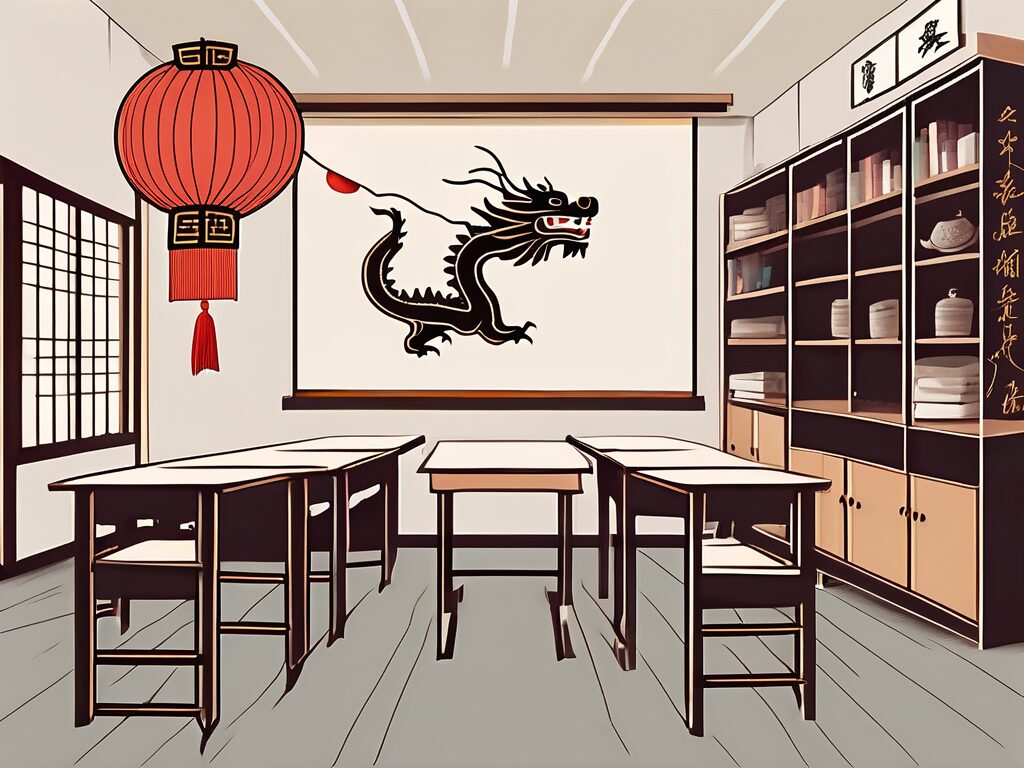Venturing into a new country to pursue a career in teaching can be a thrilling yet challenging endeavour. China, with its rich history and diverse culture, has become a popular destination for international teachers. However, like any other journey, it comes with its own set of hurdles. This blog post aims to shed light on some of the biggest challenges faced by international teachers in China and provide some useful insights to help navigate these hurdles.
Language Barrier
One of the most significant challenges that international teachers face in China is the language barrier. While English is taught in schools, Mandarin remains the primary language of communication. This can make everyday tasks such as shopping, ordering food, or even asking for directions quite daunting.
Moreover, in the classroom, teachers may struggle to communicate effectively with students who have limited English proficiency. This can hinder the teaching process and make classroom management more challenging.
Overcoming the Language Barrier
One way to overcome this hurdle is by learning some basic Mandarin. There are numerous language learning apps and online courses available that can help you get started. Additionally, many schools in China offer free Mandarin classes to their international staff.
Another strategy is to use visual aids and gestures in the classroom to facilitate communication. This can be particularly effective when teaching young learners.
Cultural Differences
Another significant hurdle for international teachers in China is navigating the cultural differences. Chinese culture is vastly different from Western culture, with unique customs, traditions, and social norms. These differences can sometimes lead to misunderstandings or cultural faux pas.
For example, the Chinese education system places a high value on respect for authority. This can be a stark contrast to more egalitarian teaching styles common in Western countries. Additionally, Chinese students are often more reserved and less likely to participate in class discussions, which can be a challenge for teachers accustomed to more interactive classrooms.
Adapting to Cultural Differences
Understanding and respecting the local culture is key to overcoming this hurdle. Before moving to China, it can be beneficial to read up on Chinese culture and customs. Additionally, once you’re in China, try to immerse yourself in the culture as much as possible. This could involve trying local foods, participating in traditional festivals, or learning about Chinese history.
When it comes to teaching, it’s important to adapt your teaching style to suit the local context. This might involve incorporating more structured activities into your lessons or finding ways to encourage student participation in a respectful and culturally appropriate manner.
Visa and Legal Issues
International teachers in China often face challenges related to visa and legal issues. Obtaining a work visa can be a complex and time-consuming process, with numerous documents and health checks required.
Additionally, teachers may face difficulties understanding the local laws and regulations, which can be quite different from those in their home country. This can lead to unexpected issues and complications.
Navigating Visa and Legal Issues
The best way to navigate these issues is to seek advice from professionals. Many schools and recruitment agencies offer support with the visa application process. It’s also a good idea to familiarise yourself with the local laws and regulations, particularly those related to employment and residency.
Remember, it’s always better to ask questions and seek clarification than to make assumptions. This can help you avoid potential legal issues and ensure your stay in China is as smooth as possible.
Professional Challenges
Finally, international teachers in China often face professional challenges. These can range from differences in teaching methodologies and curriculum to high expectations and pressure from parents and school administrators.
Additionally, teachers may struggle with the workload and long working hours common in many Chinese schools. This can lead to stress and burnout if not managed effectively.
Managing Professional Challenges
One of the best ways to manage professional challenges is to seek support from colleagues and professional networks. Many schools in China have a mix of local and international staff, and your colleagues can be a valuable source of advice and support.
It’s also important to take care of your mental and physical health. This might involve setting boundaries around work, making time for relaxation and leisure activities, and seeking professional help if needed.
In conclusion, while teaching in China can present some significant hurdles, with preparation, flexibility, and a positive attitude, these challenges can be overcome. Remember, every hurdle is an opportunity for growth and learning. So, embrace the journey and enjoy the unique experience of teaching in China.
Transform Your Teaching Career with IPGCE
Overcoming the hurdles of teaching internationally requires more than just passion and adaptability; it demands the right qualifications and a robust professional network. IPGCE is here to elevate your teaching credentials and connect you with a global community of educators. By joining the UK’s #1 Teacher Training Course, you’ll not only enhance your qualifications, leading to better job prospects and higher salary potential, but you’ll also gain invaluable insights into global education systems and enjoy the flexibility to balance professional development with your teaching commitments. Don’t let inadequate credentials or isolation limit your career. Join the IPGCE program now and start paving the way to a more fulfilling international teaching journey.

